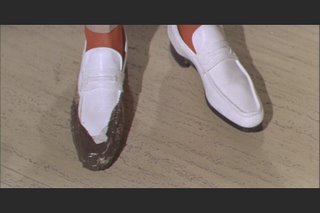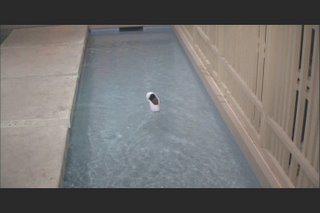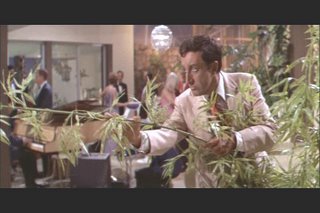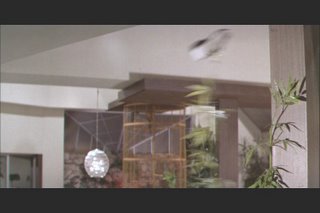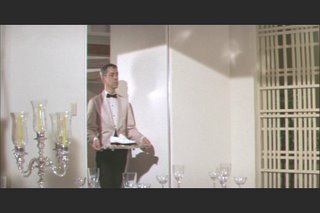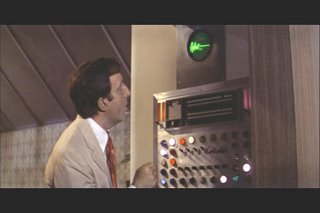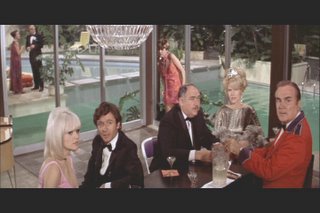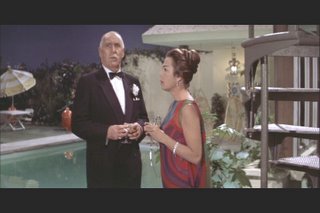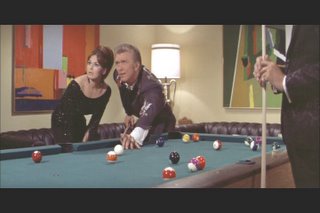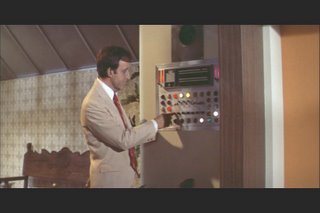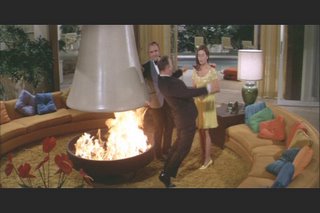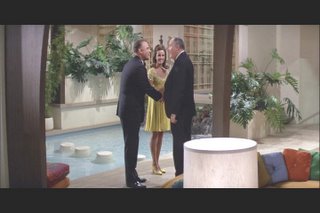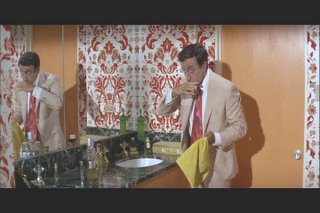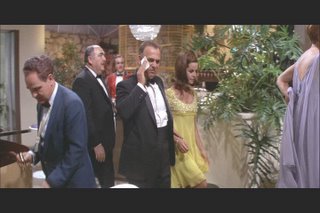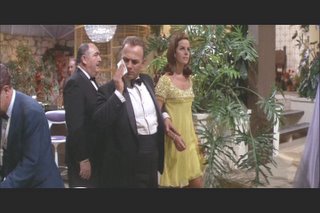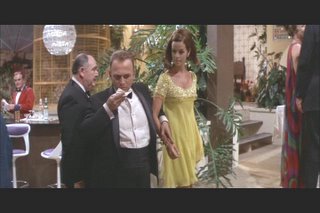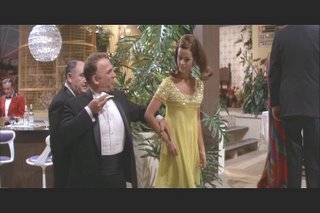I'm a fan of U2, and have been at least since the days when they were considered to be a Christian rock band and often, mistakenly called
U-2. A reporter for the
Houston Chronicle, Michael D. Clark, has written
an article to coincide with their Friday concert in Houston. Clark argues U2 is the only rock band to emerge since the 1980s that truly carries the torch passed on by earlier rock luminaries such as The Beatles, the Rolling Stones, the Beach Boys, Bob Dylan, and Stevie Wonder. I completely agree with him.
His criteria for any artist or band to reach this level are:
They all share three characteristics: These acts have been cited by subsequent generations of musicians as influences; their older work has remained relevant over time; and over these sustained periods of creativity, their fans always asked, "What's next?". These are the things R.E.M. and Prince have failed to do (yet had they, they'd also be, in my opinion, worthy of carrying the torch).
He adds that U2 "has also replenished itself every few albums with sounds and themes that bely its history".
Clark's article has a complete run-down of these albums, as he states "From A(chtung) to Z(ooropa)".
The following are direct quotes from the article (not my words):
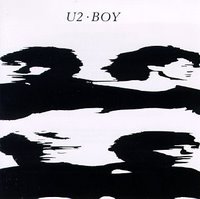 Boy
Boy (1980): Produced by Steve Lillywhite (Peter Gabriel, Morrissey), the chorus to lead song "I Will Follow" (``If you walk away... I will follow'') became a prophetic metaphor for U2's aversion to trends and fans willingness to accept their experimentation.
 October
October (1981) An album full of high ideas about war and religion that lacked radio appeal (with the exception of "Gloria"). U2's most culturally Irish album, even as the band made its initial club forays into the U.S.
 War
War (1983)
Boy was a protest album by scared kids venting through music in their garage.
War was a protest album by a budding rock 'n' roll band realizing for the first time that it had an international podium.
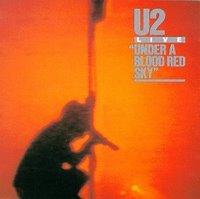 Under a Blood Red Sky
Under a Blood Red Sky (1983) For those who missed the
War tour, this eight-song-live sampler established U2 as the ultimate arena band. It also gave non-album track "Party Girl" a home.
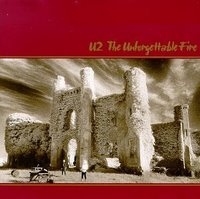 The Unforgettable Fire
The Unforgettable Fire (1984) U2 was ready for superstardom and producers Brian Eno and Daniel Lanois helped guide them there. Bono's lyrics take a nostalgic look at Americana on "Pride (In the Name of Love)", "4th of July" and "Elvis Presley and America".
 Wide Awake In America
Wide Awake In America (1985) This four-song EP proved that
U2 B-sides like "Three Sunrises" and "Love Comes Tumbling" were superior to most other band's A-sides.
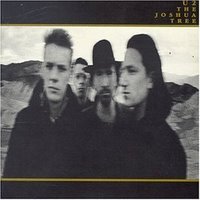 The Joshua Tree
The Joshua Tree (1987)
One of the best rock 'n' roll albums ever made,
nearly every track is single-worthy as it adheres to a dusty landscape visualized on the album cover. The band earned its first Grammy for this project including
album of the year.
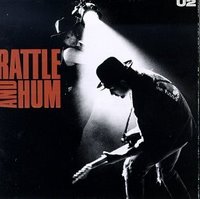 Rattle and Hum
Rattle and Hum (1988) A
soundtrack from the band's journey through America, this is the first - and only time to date - where
too much music made for a subpar U2 album.
 Achtung Baby
Achtung Baby (1991)
The official launch of Phase II of U2's career, the band finds happiness in a warm credit card, hunkering down in the studio and coming out with a lush album of distorted guitars and layers of sound created by digital effects.
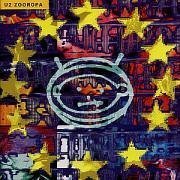 Zooropa
Zooropa (1993) An EP that turned into an album,
this separates U2's casual fans from the die-hards, though it features one of the group's greatest ballads in "Stay (Faraway, So Close)" and the only guest vocalist to ever appear on a U2 album, Johnny Cash on "The Wanderer".
 Pop
Pop (1997) After mining everything from rock to disco to synth,
U2 didn't seem to know where to go next. "Discotheque" feels left over from
Zooropa while "Staring at the Sun" is yet another tremendous ballad that fits better with
Achtung Baby.
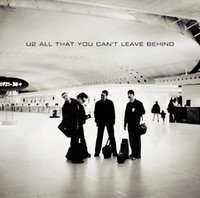 All That You Can't Leave Behind
All That You Can't Leave Behind (2000)
The band rediscovers itself by taking a ``less is more'' approach and completely deconstructing its music. The
start of U2's third and current phase,
All That You Can't Leave Behind is the group's most rock-oriented record since
The Joshua Tree.
 How to Dismantle an Atomic Bomb
How to Dismantle an Atomic Bomb (2004) A slightly bigger sound than
All That You Can't Leave Behind, issues of time and an appreciation for family and life are at the core of songs like "Vertigo" and "Sometimes You Can't Make It on Your Own".




